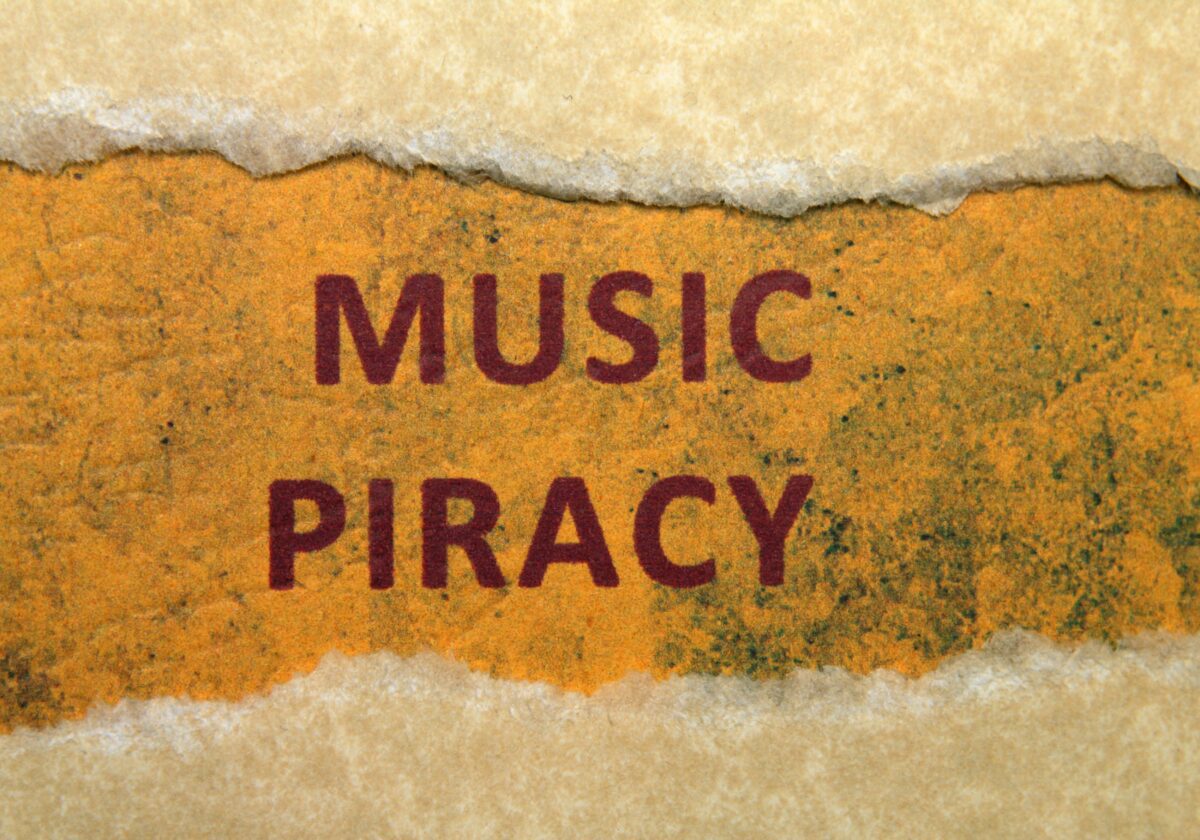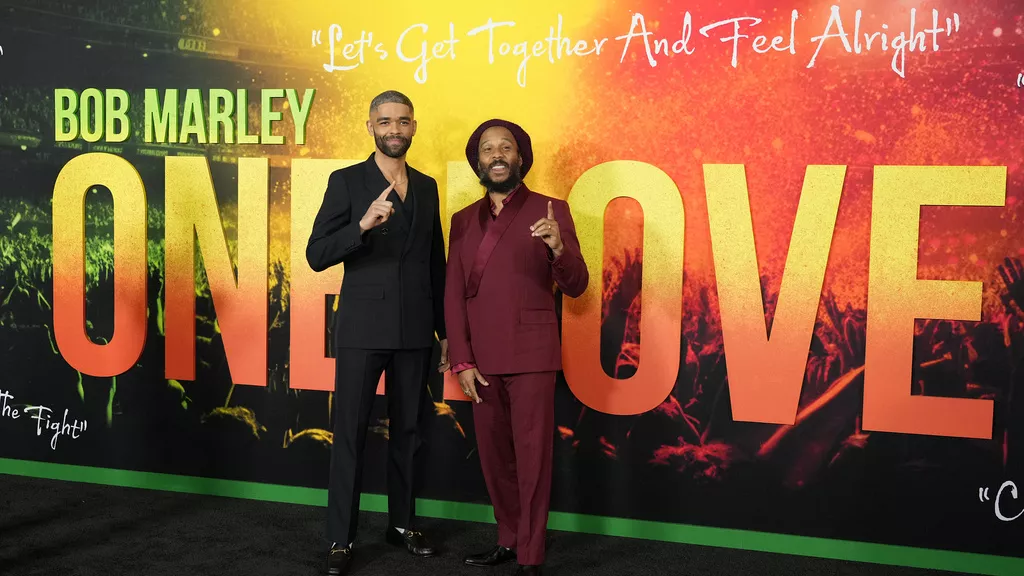Ever been captivated by African showbiz, feeling transported to a world of luxury? Reality shows, exclusive clubs and sparkling lights abound. But behind the glitz, many African musicians face financial hardships. From fraudulent contracts to meager earnings despite streaming success, let’s explore why even successful artists silently struggle with poverty.
Challenges African Musicians Face
African musicians face various challenges as they strive to share their talents with the world. These challenges include limited access to resources, lack of exposure, and difficulty finding support. Often, African musicians have to work extra hard to be recognized as legitimate artists and heard by a wider audience. READ ALSO: Burna Boy and Rema make history as winners of the first-ever Billboard Afrobeats Awards
These challenges can lead to discouragement and ultimately cause many talented musicians to give up their dreams. But despite these obstacles, African music continues to captivate audiences worldwide with its unique rhythms and soulful melodies. It’s important to recognize and appreciate the hurdles that African musicians overcome to pursue their passions and enrich our lives with their music.
Roadblocks to Success for African Musicians
When it comes to the music industry, it’s sadly no secret that African musicians face a range of roadblocks when it comes to achieving success. Over the years, these obstacles have changed, from lack of access to adequate infrastructure and technology to restrictive music policies and practices to the impact of piracy and copyright infringement.

In a recent interview, Tems, an Afro-pop star, said, “Artists from Africa have to overcome a lot more than artists from other parts of the world.” She further explained that African musicians struggle with issues such as insufficient funding, marketing and promotion opportunities, and navigating fraudulent contracts.
For African musicians, talent alone is not enough in a notoriously cut-throat industry. However, despite these challenges, many African musicians have risen to fame, becoming household names across the globe. Nevertheless, we must continue discussing these roadblocks to create more opportunities for the countless talented artists whose untapped potential is simply waiting to be harnessed.
Unfavorable Working Conditions & Low Pay
As employees, we’ve all experienced or heard of unfavorable working conditions and low pay at some point. It’s not uncommon to come across situations where we feel overworked and underpaid or our workplace doesn’t take our health and safety as seriously as they should. While these situations can leave us feeling demotivated and unappreciated, it’s important to keep in mind that we have a voice and the power to advocate for ourselves.
Whether through unionizing, speaking up to management, or finding better job opportunities, we don’t have to settle for less. It’s crucial to prioritize our well-being and demand the compensation and treatment we deserve.
Issues with Record Labels and lack of Artist Control
When it comes to the music industry, it’s no secret that record labels hold a lot of power. But what happens when that power infringes on artists’ creativity and ability to control their careers? That’s where things can get messy. Many musicians have spoken about their struggles with record labels dictating their sound, image, and overall direction.
It can be frustrating and disheartening for an artist to feel like they’re not in the driver’s seat. But the good news is that independent artists have more options to take control of their careers. With the rise of streaming platforms and other DIY marketing tools, musicians can build successful careers without relying on a record label’s approval.
It’s a complex issue worth exploring to ensure that artists have the freedom to express themselves and create the music they believe in.

Impact of Piracy on African Music Profits
Have you ever wondered how much of an impact piracy has on the profits of African music? Well, our team of researchers has been investigating just that. Over the past few months, we’ve analyzed the sales data of various African music artists, comparing the profits of their legally sold music to that of pirated copies.
It’s no surprise that pirated copies significantly cut into the profits of these artists. But what’s even more concerning is its ripple effect on the entire industry, from distribution companies to concert promoters. Our findings emphasize the importance of combating piracy in the music industry, especially in Africa, where it’s rampant.
It’s high time we focus on finding solutions to protect artists’ intellectual property rights and increase their earnings, and we hope our research helps drive change.
Solutions to Help African Musicians Break Through Financially
Africa boasts a rich and diverse musical heritage as a continent, yet many African musicians struggle to translate their talent into financial success. Here are a few suggested solutions to help address the challenges African musicians face in order to break through financially,
Firstly, musicians can explore digital platforms to showcase and distribute their music. Services like Apple Music, Spotify, and Deezer can attract a huge audience and generate income through streaming. Secondly, musicians can secure licensing deals for their music to be used in film and television projects. This can be a lucrative income stream while also providing exposure.
Finally, musicians can partner with brands to promote their music and enhance their own brand. Collaborating with companies can help generate revenue and build a solid fan base at the same time. Let’s boost African musicians so they can share their incredible music with the world and thrive financially.
Bottom Line
African musicians need proper resources and support to succeed in their careers. They require access to better resources, fair working conditions, equitable pay, and a reliable distribution system. Organizations like AFRIMA and Virgin Music Africa provide invaluable support to these artists. We must take action to address the challenges they face and help them achieve success.
Access to funds, education on rights and copyrights, and industry mobility are crucial for expanding African music globally. Let’s build a future where African musicians can profit from their craft while maintaining creative independence.



